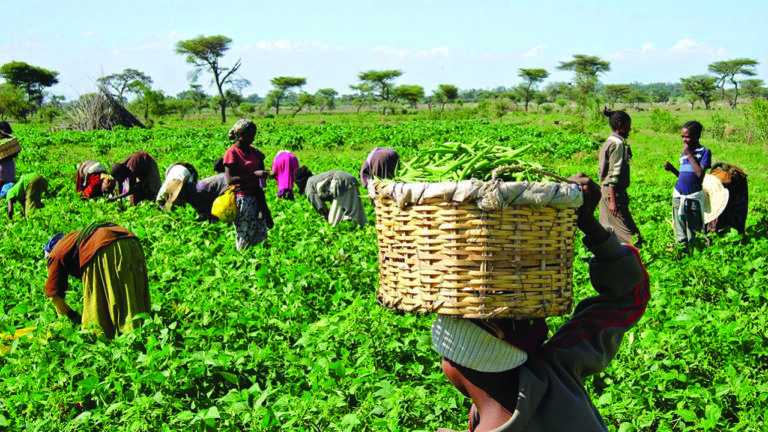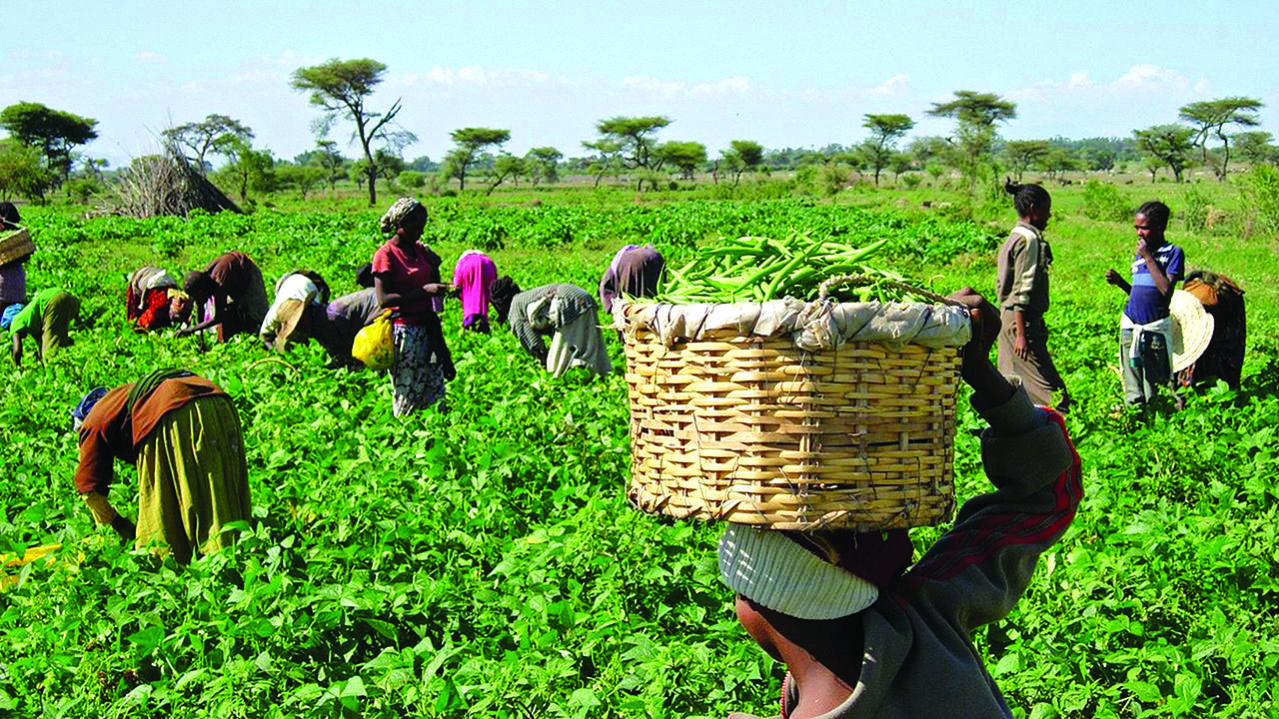

No fewer than 2,743 farmers along with other agricultural value chain operators will receive agricultural inputs and productive assets under the Lagos State Government 2020 Agricultural Value Chains Empowerment Programme on July 28.
Ms Abisola Olusanya, the Acting Commissioner for Agriculture, made this known in a statement, on Tuesday in Lagos.
Olusanya said that the inputs and productive assets would be made available to the beneficiaries at no cost.
According to her, only representatives of farmer associations will receive the inputs on behalf of other members on the July 28 event to observe the government social distancing rule on COVID-19.
“Thereafter, input redemption by other beneficiaries will take place in three other centres at Agege, Ikorodu and Epe,” she said.
READ ALSO: Nigeria’s Farmers applaud CBN over ban on maize importation
She said the programme was to give the needed support to smallholder farmers who were actively engaged in the various agricultural value chains to create wealth and job opportunities.
She said the programme was designed to increase the state’s self-sufficiency in food production to 40 per cent by 2023.
The acting commissioner hoped that the programme would significantly improve the standard of living of farmers, fishermen, marketers, butchers, marketers and agro-processors in the state through the expansion of their food production activities.
She noted that the programme was not only targeted at farmers who would be the direct beneficiaries, but also at service providers such as transporters, input manufacturers and suppliers within the system for the successful implementation of the project.
“The programme will further contribute to the achievement of the vision of making Lagos a 21st Century Economy and to attain the United Nations Sustainable Development Goals.
“It will address SDGs on poverty, zero hunger, gender equality, decent work and economic growth, reduced inequality, responsible consumption and production.
“It will also contribute to SDGs on climate action, life below water, life on land and partnership to achieve the goal would be met,” she said.
Olusanya said that since the inception of the empowerment programme in 2014, a total of 11,233 farmers, fishermen, butchers, processors and marketers had been empowered.
She said that as a result, food supply in Lagos had been raised from 18 per cent in 2014 to 25 per cent in 2019.